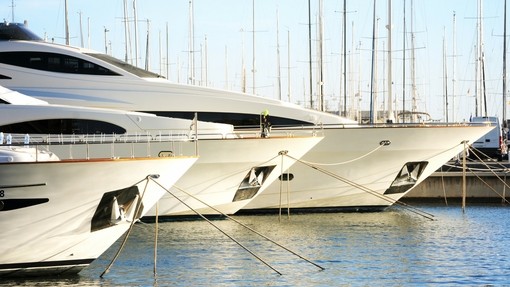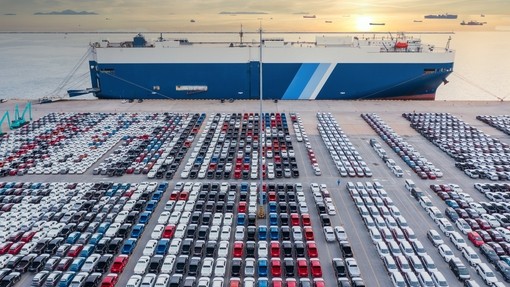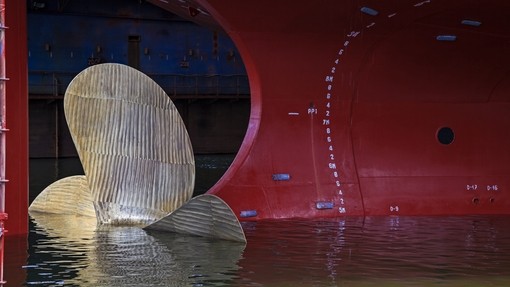The International Cotton Association Rules: a guide to arbitration

Details
Most contracts for the international sale of cotton are subject to the Bylaws and Rules of the International Cotton Association (the ICA Rules), and recent volatility to cotton prices has led to an increase in arbitrations commenced under those rules. Cotton trading parties should therefore ensure that they are familiar with the particularities of arbitration under the ICA Rules.
The applicable rules
The ICA Rules are updated once or twice a year (the latest version being released in November 2020) so it is important to check which edition applies. The rules that govern an ICA arbitration itself are those in force at the time of application. Otherwise, the ICA Rules applicable to a contract are those in effect at the time that the contract is concluded.
The ICA Rules divide arbitrations into quality and technical arbitration. Quality arbitrations relate to any dispute arising from examination or testing of cotton quality or characteristics. Technical arbitrations relate to all other disputes, such as non-performance. This guide focuses on technical arbitrations as this is where the uptick in ICA arbitrations has been particularly notable.
The closing out process
Technical arbitrations commonly arise from the closing of a contract by invoicing back under the ICA Rules. If either party closes a contract, an invoicing back settlement is payable regardless of which party, if any, is responsible for non-performance or is in breach of the contract. A party can therefore close a contract at any point and trigger the invoicing back process.
The invoicing back settlement is calculated as the difference between the contract price and the available market price at the date of closure. The date of closure is the date when both parties knew, or should have known, that the contract would not be performed.
If the invoicing back settlement is claimed in arbitration, the ICA tribunal will normally establish the available market price based on input that it obtains from other cotton traders. The tribunal will not share the identities of its sources, but it is required to give the parties the opportunity to comment on the price information that it obtains.
Commencing arbitration
A party can commence arbitration by completing a form on the ICA’s website. The ICA has the power to consolidate multiple arbitral proceedings between the same parties, and it is possible to commence arbitration under multiple contracts with the same counterparty in the same form. The ICA will notify the respondent of the request but the arbitration will not be commenced until the claimant has paid the requested deposit to the ICA.
Appointment of arbitrators
The arbitrators must be members of the ICA. The ICA’s website lists the profiles and contact details of its arbitrators.
The ‘three and eight rule’ means that an arbitrator may only accept up to three appointments to act as arbitrator for a party, or related party, per calendar year, and cannot have more than eight active first tier cases open at a time. The eight arbitrations cap does not apply to quality arbitrations.
The recent increase in the number of technical arbitrations means that many ICA arbitrators have already reached their limit of eight appointments for technical arbitrations.
Conduct of the arbitration
The ICA Rules do not provide for a particular timetable, but the standard directions issued by a tribunal at the outset provide for four rounds of submissions starting with the claimant and ending with the respondent. This is unusual, as normally the claimant in legal proceedings is allowed the final word.
The ICA does not accept submissions directly from law firms or independent lawyers, and an ICA tribunal will not award recovery of the successful party’s legal costs. That does not prevent a party’s in-house lawyers from serving submissions and, in practice, parties often retain external lawyers to advise them in the background and prepare submissions.
Appeals
A party can appeal an ICA arbitration award to a five person committee appointed by the ICA. In the event of appeal, the respondent to it can require the appellant to provide security for 20% of the principal amount awarded at first tier. If the appellant fails to do so, the appeal will not be permitted to proceed.
This enables the party successful at first tier to obtain a degree of security in advance of enforcement and acts as a deterrent to the pursuit of a meritless appeal in order to delay such enforcement. The successful party should, however, consider obtaining legal advice from the jurisdiction of enforcement on whether curbing an appeal in this way could cause problems down the line.
The parties cannot appeal to the English courts on a question of law arising out of an ICA arbitration award. That is not the case for many other arbitral rules, such as those of the LMAA, GAFTA or FOSFA. The parties can still apply to the English courts to challenge an award on the grounds either that the tribunal lacked substantive jurisdiction or that there was a serious irregularity.
Unsatisfied awards
If the unsuccessful party fails to honour or appeal an ICA award within 28 days of publication, the ICA can add such defaulting party to part one of its list of unfulfilled awards, which is publically available on its website.
The ICA can also add the names of any entities which appear to be related to the defaulting party to part two of its list of unfulfilled awards. Part two of the list can only be viewed by the ICA’s members and other cotton associations and is not publically available. The part two list helps guard against the risk of a business avoiding the consequences of defaulting on an ICA award by continuing to trade cotton in the name of a different entity to that named in the award.
The ICA will refuse arbitration facilities to a party included on the part one list and, if an ICA member contracts with a party on either the part one or part two list, it can be censured, fined up to £100,000 and/or suspended or expelled from the ICA.
The post-award procedures are probably the most notable feature of the ICA Rules governing arbitration, and are a welcome way of assisting the successful party with recovery of the sums awarded to it.






